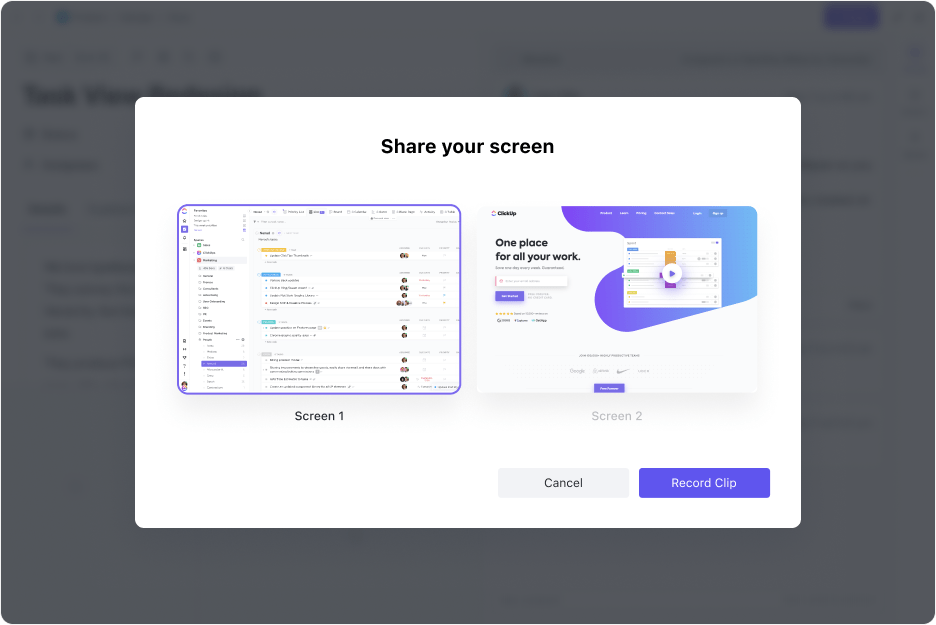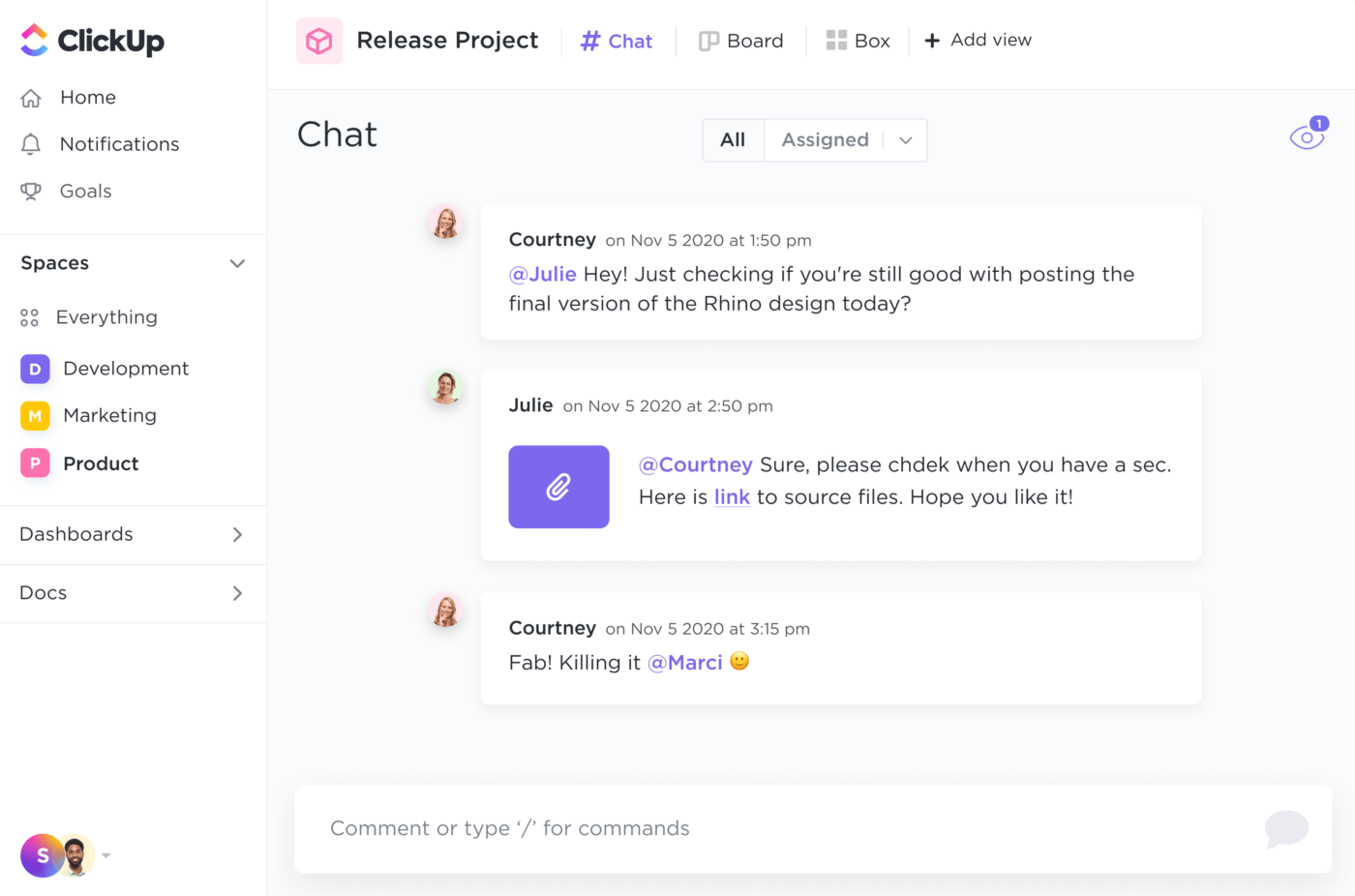INFJ vs. INTP: Understanding The Personalities & Their Compatibility at Work

Sorry, there were no results found for “”
Sorry, there were no results found for “”
Sorry, there were no results found for “”

Our approach to life and work is often a function of our individual personality and its interaction with other personalities.
The Myers-Briggs Personality Type Indicator, developed by Isabel Myers and Katherine Briggs, is based on Jung’s theory of personality. One of the most popular personality frameworks, it divides people into 16 personality types based on where they fall on four scales:
INFJ and INTP are two of the 16 MBTI (Myers Briggs Type Indicator) personalities with introverted intuition as their dominant trait. Despite that commonality, they have more differences than similarities.
However, their differences complement each other well. That’s why they’re sometimes called the ‘golden pair’ of MBTI personalities. By covering each other’s weaknesses, this pair works well together in both social and work situations.
Whether you are looking to understand your own self better or learn how to work well with these personalities, knowing the difference between INFJ vs. INTP will be helpful.
Read on to learn more about the INFJ and INTP personality types, their defining characteristics, and their similarities and differences. Let’s get right to it.
Before we get into the specifics of INFJ vs. INTP personality types, here’s a quick overview of their differences.
| Differences | Similarities | |
| INFJ | INTP | Strong intuition |
| Driven by intuition and feelings | Make decisions based on a logical way of thinking | |
| Empathetic and sensitive | Detached and aloof | Introversion |
| Well-organized and structured | Flexible and adaptable | Reserved nature |
Wit and intellect | ||
INFJ stands for introverted, intuitive, feeling, and judging. It’s one of the 16 MBTI (Myers–Briggs Type Indicator) personalities—the rarest one.
According to the classification, people with INFJ personalities are often referred to as the ‘Advocate‘ or the ‘Idealist.’ Guided by their inner values and principles, they are perfectionists who want to create harmony and make a difference in the world.
The INFJ personality is further divided into two types—INFJ-A and INFJ-T. The former are called ‘Assertive Advocates’ and are confident and relaxed. The latter, called ‘Turbulent Advocates,’ are less confident and more prone to emotion and stress.
Some famous people with INFJ personalities are Nelson Mandela, Martin Luther King, Mother Teresa, and Marie Kondo.
Can you see the common thread?
They all have or had a strong value system and a strong desire to make a mark on the world. Well, that’s INFJs for you, in a nutshell.
Now, let’s look at the key characteristics, strengths, and weaknesses of the INFJ personality type.
Here are the key characteristics of the INFJ MBTI personality type:
Like other personality types, people with INFJ personality also have good and bad qualities. Let’s discuss both briefly.
| Strengths | Weaknesses |
| Have a strong value system | Can have high, often unrealistic, expectations |
| Understand emotional cues in themselves and others | Are highly sensitive |
| Are idealistic and want to make the world a better place | Are sometimes difficult to know and understand |
| Are creative and have rich inner worlds | Tend to be stubborn |
| Value relationships and are empathetic to other people’s feelings | Do not like confrontation |
| Are dedicated to their goals and achieve them despite challenges | |
| Are capable of thinking both emotionally and logically |
So far, we’ve discussed what INFJs are like as individuals. Now, let’s cover what they’re like at work and how well they work with others.
INFJs have a strong vision and purpose, which makes them leaders who can inspire and motivate others. INFJs, as leaders, are empathetic to others’ needs and intuitive, so their management style is more collaborative than authoritative.
The other side to this is that as introverted managers, they may fail to exert authority, even when it’s needed. This may, of course, make them less effective when they need to get their team in line.
If their work and work environment align with their personal values, INFJs can be high achievers. They’re driven by a strong sense of purpose and are dedicated to achieving their goals, whether personal or professional.
They can also be perfectionists at times and are generally hardworking, with great work ethics and a productive mindset.
INFJs should opt for career paths where the work aligns with their values, and they can make an impact.
Some great fields for INFJs include education, healthcare, counseling, and social work. They will also perform well in roles where their creativity and imagination are appreciated.
INFJs are also good at problem-solving and reasoning and are perfect for roles where their intellect is put to good use. So, careers in science and engineering are also possible options for them.
Recommended Reading: If you have an INFJ personality type or know someone who does, these INFJ books will be helpful to you.
INTP stands for introverted, intuitive, thinking, and perceiving and is another one of the 16 MBTI personalities. Also referred to as ‘The Logicians‘, INTPs are logical thinkers who are quiet and analytical.
Just like INFJs, they also have rich inner worlds. However, unlike INFJs, they prefer to remain aloof instead of forming social relationships. They like getting lost in their thoughts than being out and about in the world.
Here are some of the personality traits of INTPs:
In this section, let’s get a better understanding of the strengths and flaws of people with the INTP personality type. Here we go.
| Strengths | Weaknesses |
| Have great reasoning and analytical skills | Can come off as insensitive or detached |
| Are creative thinkers | Have trouble expressing their own emotions |
| Are curious and open-minded | Tend to overthink and get anxious |
| Are passionate about their interests | Can get disconnected from the world and get lost in their thoughts |
| Can be trusted to be objective and fair |
In this section, we’ll explain what INTPs are like at work and what kind of career paths are best for them. Let’s get started.
As leaders, INTPs command respect and inspire others with their intellect and innovative ideas. They encourage autonomy within their teams and don’t believe in hand-holding.
While they’re great at making decisions and sharing big ideas, they often ignore the specifics and leave that up to their team. That’s why they need an intellectual, self-driven team to implement their ideas.
INTPs thrive in roles where they can use their creativity and problem-solving abilities. Because of their need to solve problems and understand concepts, they do extremely well in science-related fields.
Their career paths, however, are not limited to technical fields. They will perform well in any job that lets them solve problems and improve processes.
They don’t like to be limited by rules and prefer a flexible work environment that nurtures their creativity and curiosity.
INTPs perform well in technical fields and can be mathematicians, analysts, researchers, scientists, etc.
They are also good with roles that require a mix of technical knowledge and creativity, such as graphic designers or architects. Computer science, technology, engineering, and social sciences are also fields where INTPs tend to thrive.
To learn more about this personality type, read INTP books that comprehensively explain their traits, motivations, behaviors, and more.
While both INFJ and INTP personalities are introverts with strong intuition, they also have several dissimilarities. In this section, we’ll cover both the similarities and differences between INFJs and INTPs.
Here are some key differences between INTP vs. INFJ personality types.
One key difference between INFJ vs. INTP is in the way they approach problems and make decisions. Their decision-making styles differ because of their cognitive functions.
INFJs are judging types who rely on intuition and their understanding of people to assess situations, while INTPs have a more analytical and logical approach to problem-solving.
Despite their intuitive nature, INFJs prefer a more structured approach where they look at all aspects before making a decision. INTPs are more flexible and adaptable and like to explore all the options as they present themselves.
INFJs are considerate of other people’s emotions and care about maintaining harmonious relationships. Though they like to keep their thoughts to themselves, they may open up to people they’re close to.
INTPs, on the other hand, don’t care about what people think of them and would much rather be alone than around people. However, because they are reserved and often outspoken, they can sometimes seem insensitive.
Another difference between INFJ vs. INTP is the way they process information.
INFJs are more organized and like reviewing all available information to gain insight. They finish one line of thought completely before moving on to the next. They are deep thinkers.
INTPs are the exact opposite in this regard. They like to jump from one idea to the next. They don’t mind having many ideas and insights simultaneously and going with the flow.
The two most significant similarities between INFJs and INTPs are that they’re both introverts with strong intuition and rich inner worlds. Both like spending time alone in quiet reflection and need that to recharge their social batteries.
Another similarity between the INTP and INFJ personalities is that they’re witty and intellectual with a creative side to them.
In this section, we’ll cover some tips on how people with INFJ and INTP personalities can effectively work together.
The first step toward a fruitful INFJ and INTP working relationship is to understand each other’s personalities and working styles. Many organizations encourage employees to take the MBTI personality test so that team members know each other’s personality types.
This ensures smooth collaboration and effective communication among team members.
We recommend using the ClickUp Meet the Team Template to introduce team members to each other.
Use it to share each staff member’s personality types, management styles, likes, dislikes, work styles, or any information that will help improve team collaboration.
Pro tip: Leverage ClickUp for Teams to enable better team communication and collaboration. It offers specialized solutions for different types of organizations and departments.
Effective communication is the backbone of any good relationship; work relationships are no exception. That’s why every organization needs team communication apps to give employees an easy way to converse with team members.
ClickUp is one such tool that offers numerous ways of communication among team members. Whether you’re an introvert or an extrovert, you’ll find effective ways of communication using ClickUp. From task comments to instant direct messages, you can choose from plenty of options.
To improve team communication, you should conduct regular team meetings and keep a record of these using the ClickUp Team Communication and Meeting Matrix Template. It offers a visual way to track all planned team meetings and key details of those meetings, such as attendees and agenda.
📮ClickUp Insight: ClickUp found that 27% of respondents struggle with meetings that lack follow-through, leading to lost action items, unresolved tasks, and ultimately, sub-par productivity.
This issue is compounded by how teams track their work. Our team communication survey reveals that nearly 40% of professionals manually track action items, a time-consuming and error-prone process, while 38% rely on inconsistent methods that increase the risk of miscommunication and missed deadlines.
ClickUp eliminates this action item chaos! Instantly convert meeting decisions into assigned tasks—all in the same platform where work happens.
Moreover, if you want to track and keep a record of all team communications, whether via email or team meetings, utilize the ClickUp Communication Matrix Report Template.
It’s great for tracking all planned communications for a specific period. Using this template, keep records of team meetings, conference calls, project chats, and email communications.
Lastly, improve team communication by creating a weekly, monthly, quarterly, or annual communication plan. INFJs appreciate organization and clarity, while INTPs value logic and flexibility.
To achieve a good balance—Take advantage of the ClickUp Communications Plan Whiteboard Template. Visualize, brainstorm, and collaborate with your team and always be on the same page.
If some of your team members are not present for a meeting, you can make a screen recording of the meeting and share it with them using ClickUp Clips. It’s also useful in sharing voice or video notes with team members, further simplifying team communication.

Pro tip: Leverage ClickUp Brain to write email responses, make summaries, or take meeting notes. This is especially helpful for introverts who struggle with effective communication, as AI can help you craft accurate responses to team communications.
People with INTP and INFJ personalities can work well together if they communicate and collaborate effectively. Using the right team collaboration tools can help with that.
ClickUp, for example, is a project management software solution that offers numerous team collaboration tools, from whiteboards to instant messaging. There are 15+ ClickUp Views that enable different types of teams to collaborate in a way that’s most convenient to them.
The ClickUp Chat View is especially convenient for teams to work together even remotely. Use it to integrate all team communications and bring them together in one dashboard. This simplifies team communication like nothing else.

Whiteboards and mind maps are the perfect tools for real-time visual collaboration, and ClickUp offers both. Check out the ClickUp Whiteboards to understand how easy it is to collaborate with your team members in real time. Use it to brainstorm ideas with your team in a manner that doesn’t make introverts uncomfortable, unlike a face-to-face meeting.

Using these tools, INFJs and INTPs can effectively work with each other and other team members. The key is realizing which collaboration tool works best for your team, depending on the MBTI personalities of various team members.
If you are an INFJ or an INTP or know someone who is, this INTP vs. INFJ guide will help you understand their personalities and how to communicate best and work with them.
Understanding your colleagues’ and your MBTI personalities can significantly improve team communication and collaboration. Combine that with a great team collaboration tool like ClickUp, and you’ve got yourself a winning strategy.
So what are you waiting for? Sign up for ClickUp today and explore its features for free before you upgrade to a paid plan.
© 2026 ClickUp